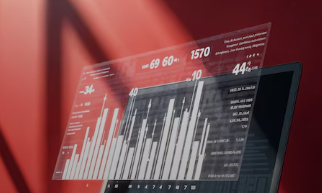Written by: Haim Ravia, Dotan Hammer
The Munich I Regional Court (Landgericht München I) issued a decision recognizing that the large language models (LLMs) used by OpenAI contained memorized reproductions of protected song-lyrics and held that use of the models constituted a reproduction under copyright law. The case involved claims by GEMA (German Society for Musical Performance and Mechanical Reproduction Rights) that OpenAI’s models had memorized nine German song texts which could be reproduced on user prompts, including “Atemlos” and “Wie schön, dass du geboren bist.”
The court’s reasoning emphasized that: (i) the model parameters could contain sufficient “memorized” content of copyrighted works that being produced in outputs is not coincidental; (ii) this form of memorization amounts to a fixation and thus is a reproduction under copyright law; (iii) the text and data mining exception available in German law did not apply because the use went beyond analysis; and (iv) model-providers (rather than solely users) may be liable because they directed training, architectural design and deployment.
The judgment signals that AI-developers who train on copyrighted content without a license face meaningful legal risk in Germany and potentially elsewhere. However, the decision is not yet final.
Click here to read the official court press release (in German).



